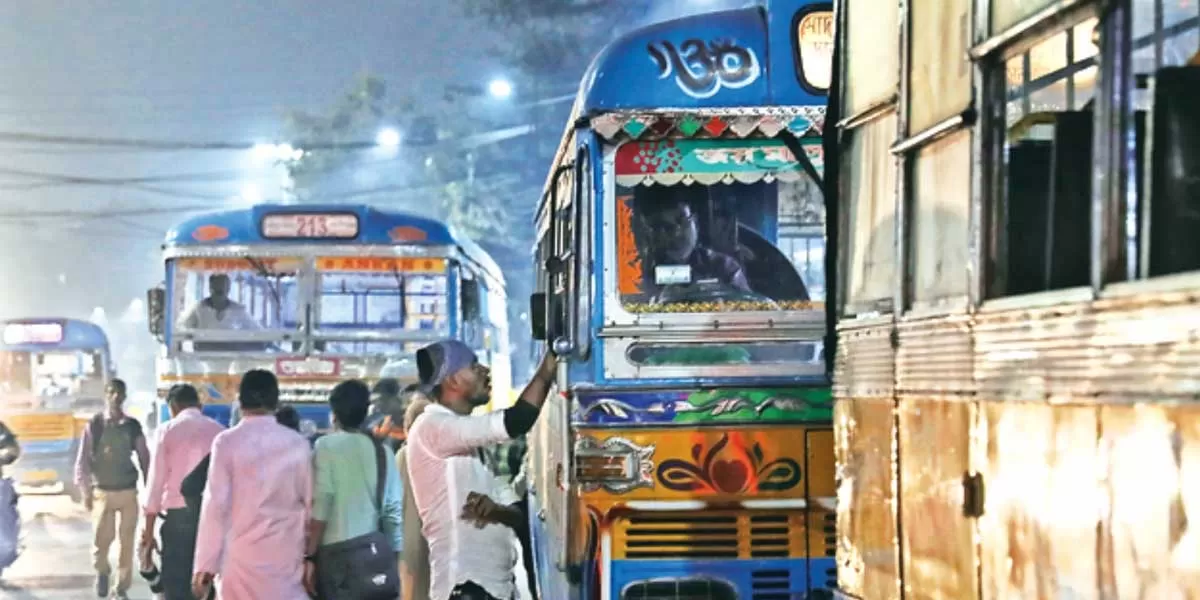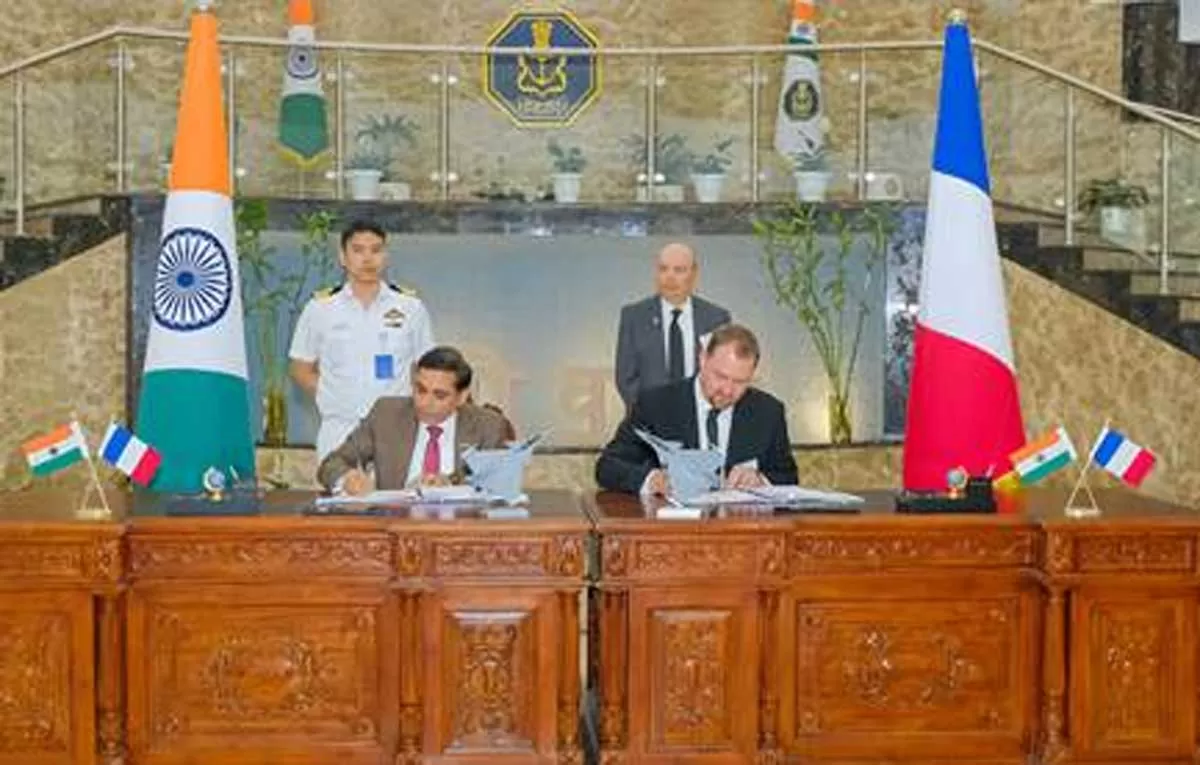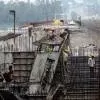
40%-50% Kolkata buses go off road for poll duty; commuters in crisis

Aadhaar Authentications Cross 27 Billion in FY25
Aadhaar authentication transactions surged past 27.07 billion in FY 2024–25, including 2.47 billion in March alone, reflecting its growing adoption across sectors such as banking, finance, telecom, and public service delivery. Since its inception, the cumulative number of Aadhaar authentication transactions has exceeded 148 billion.The Unique Identification Authority of India’s (UIDAI) AI/ML-based face authentication technology is also witnessing a sharp rise in usage. In March 2025 alone, over 150 million face authentication transactions were recorded. This biometric modality is now used ..

IEPFA Holds Preparatory Meet for 'Niveshak Shivir' Initiative
The Investor Education and Protection Fund Authority (IEPFA), under the Ministry of Corporate Affairs, Government of India, hosted a preparatory meeting on April 28, 2025, with Nodal Officers from stakeholder companies via video conference. The session, chaired by IEPFA CEO Smt. Anita Shah Akella, focused on finalising operational plans for the upcoming ""Niveshak Shivir"" initiative—a joint effort between IEPFA and the Securities and Exchange Board of India (SEBI).""Niveshak Shivir"" aims to improve investor services and streamline the claims process by reaching out to cities with a high nu..

India, France Sign Deal for 26 Rafale-Marine Jets for Navy
India and France have signed an Inter-Governmental Agreement (IGA) for the acquisition of 26 Rafale-Marine aircraft for the Indian Navy, comprising 22 single-seater and four twin-seater jets. The deal also includes training systems, simulators, associated equipment, weapons, and performance-based logistics, along with additional equipment for the Indian Air Force’s existing Rafale fleet.The IGA was signed by India’s Defence Minister Rajnath Singh and French Minister of Armed Forces Sébastien Lecornu. The agreement, along with supply protocols for aircraft and weapons, was exchanged in the..














